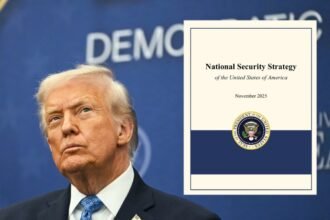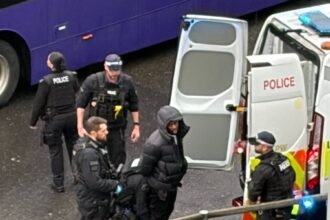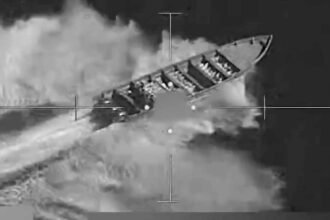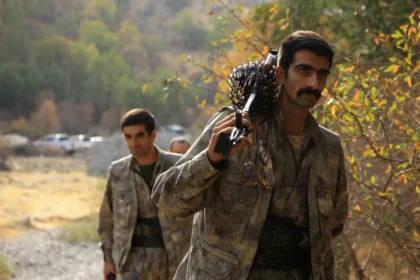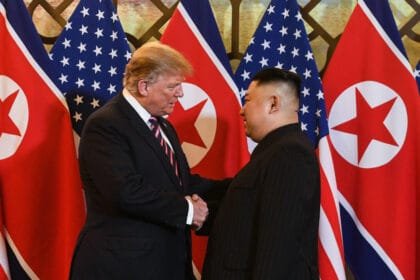Beirut, Lebanon – The eyes of the Lebanese, along with the international community, are turning to the Cabinet session scheduled for next Friday at the Presidential Palace. This is to present and discuss the practical plan to confine weapons to the state. The Lebanese army was tasked with developing this plan.
Meanwhile, political contacts intensified between official headquarters and various departments. The goal is to hold the session in a calm atmosphere with the attendance of most political components.
According to private sources, the first result of these contacts was the postponement of the government session from Tuesday, September 2, to September 5. This is to make room for further consultations.
No boycott.. The plan is ready
No political party represented by the government, including the Shiite duo (Amal Movement and Hezbollah), announced a boycott of Friday’s session. At that time, the Lebanese army will present the disarmament plan it was assigned.
While a military source merely confirmed that “Army Commander General Rudolf Heikal will present the weapons plan during the government session on Friday”. But he did not give further details.
until year-end
For his part, Deputy Prime Minister Tariq Mitri explained that the army will present, on Friday, its executive plan regarding weapons. This plan extends until the end of this year.
He stressed that “the ministerial session is ongoing”. Its postponement from Tuesday, September 2, until September 5, was for technical reasons and nothing more.
On the other hand, military experts believed that the Council of Ministers’ decision is unrealistic. It tasks inventorying weapons until December 31 (December 2025). This belief is if the government approves the army’s plan on Friday.
Implementing the plan throughout Lebanese territory requires more than 120 days (the three-month deadline). The reason is that there are technical matters and field calculations that the army takes into account.
Implement the plan within 120 days?
The former Deputy Chief of Staff for Planning, retired Brigadier General Ziad Al-Hashem, explained the time frame was not precisely determined by the government. It was included in the content of the paper by US envoy Tom Brack.
Therefore, the army is not obligated to this timing unless deadlines are set for it by the Council of Ministers.
He also considered that “the army may not specify a time limit for its plan to end the inventory process”. This is according to his estimates. These are based on the information he possesses about the party’s infrastructure and the army’s military capabilities. This includes numbers, equipment, and logistical and technical capabilities.
Division of the arms control plan
In addition, Al-Hashem said, “If a specific deadline is given for implementation, the army must adhere to it. This is in accordance with what the Council of Ministers decides”.
The army may take control of the infrastructure of existing facilities, capabilities and capacities. It may later return to processing their contents over a period of time.
Or he may divide his plan into stages. These stages overlap temporal dimensions (no deadline is specified) with geographical dimensions (the most important areas in the inventory process). Additionally, the qualitative dimensions of the weapons include the most advanced and capable, such as offensive weapons like ballistic missiles and drones. All the way to medium weapons, the last dimension is pluralistic. It means Hezbollah and all armed non-governmental organizations.
Hezbollah’s lack of cooperation
The retired brigadier general pointed out that “the recent experience in the southern Litani sector suggested that the party was not fully cooperating with the inventory process.
As evidence, army patrols and UNIFIL patrols were the ones who discovered many weapons depots and fortified and hidden military installations (infrastructure).
Incidents also occurred during the dismantling of these structures. These include the explosion of an ammunition depot belonging to members of the Lebanese Army Engineering Regiment and the deaths of martyrs.
Which means that the party did not report the contents of the warehouse or its presence to the army.
He stressed that “Hezbollah’s cooperation in the arms control process is essential, according to the government’s vision. Especially since the party approved the ministerial statement that included limiting weapons to the hands of legitimacy. It is represented in the government by a number of ministers.









